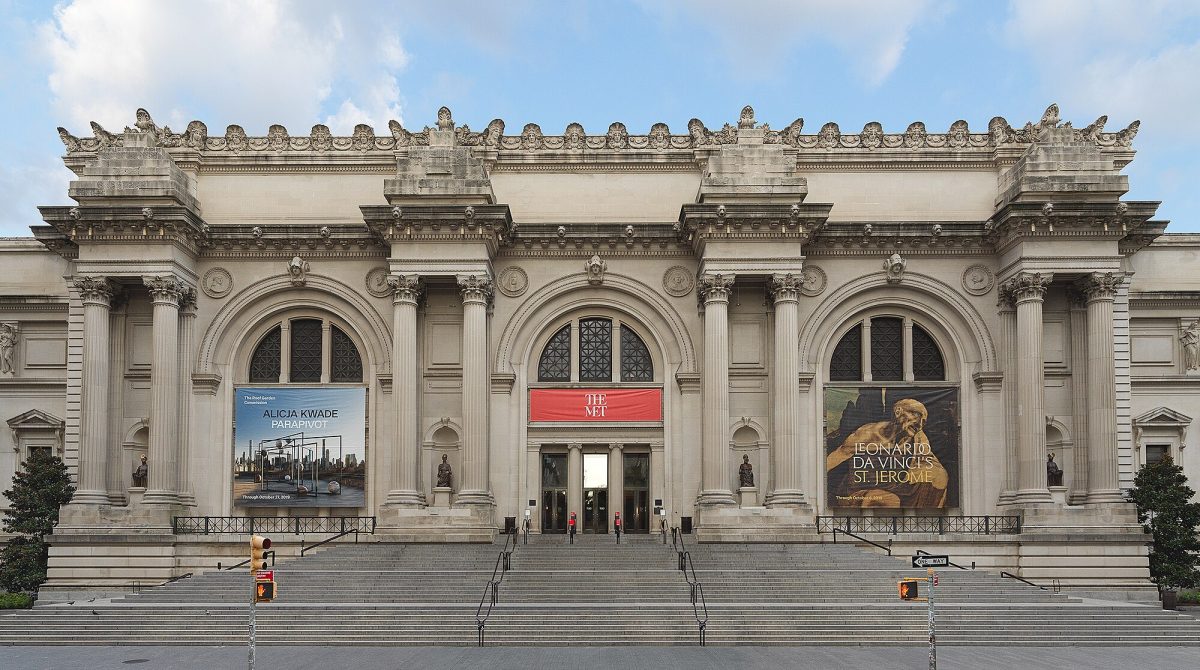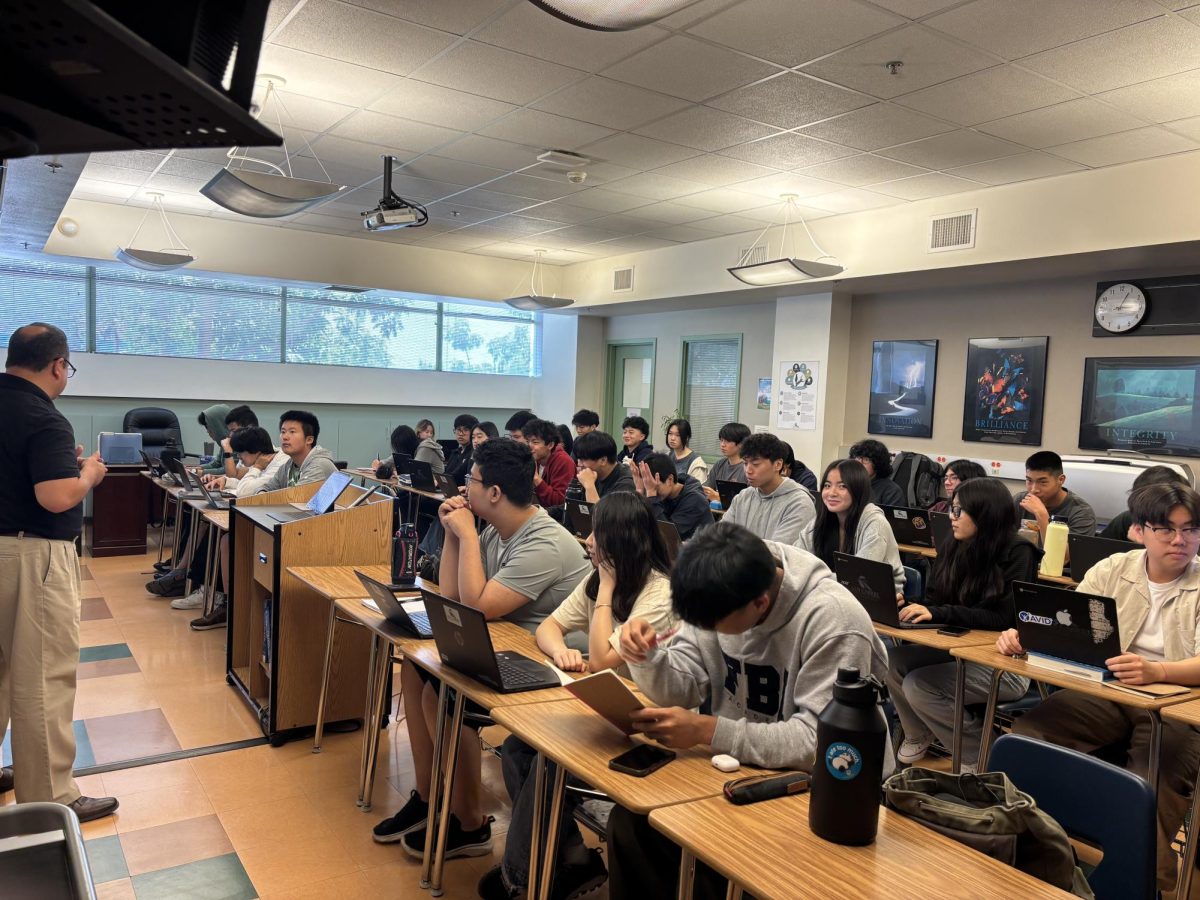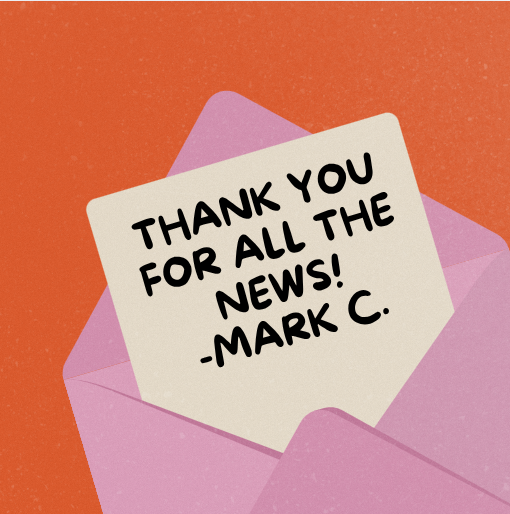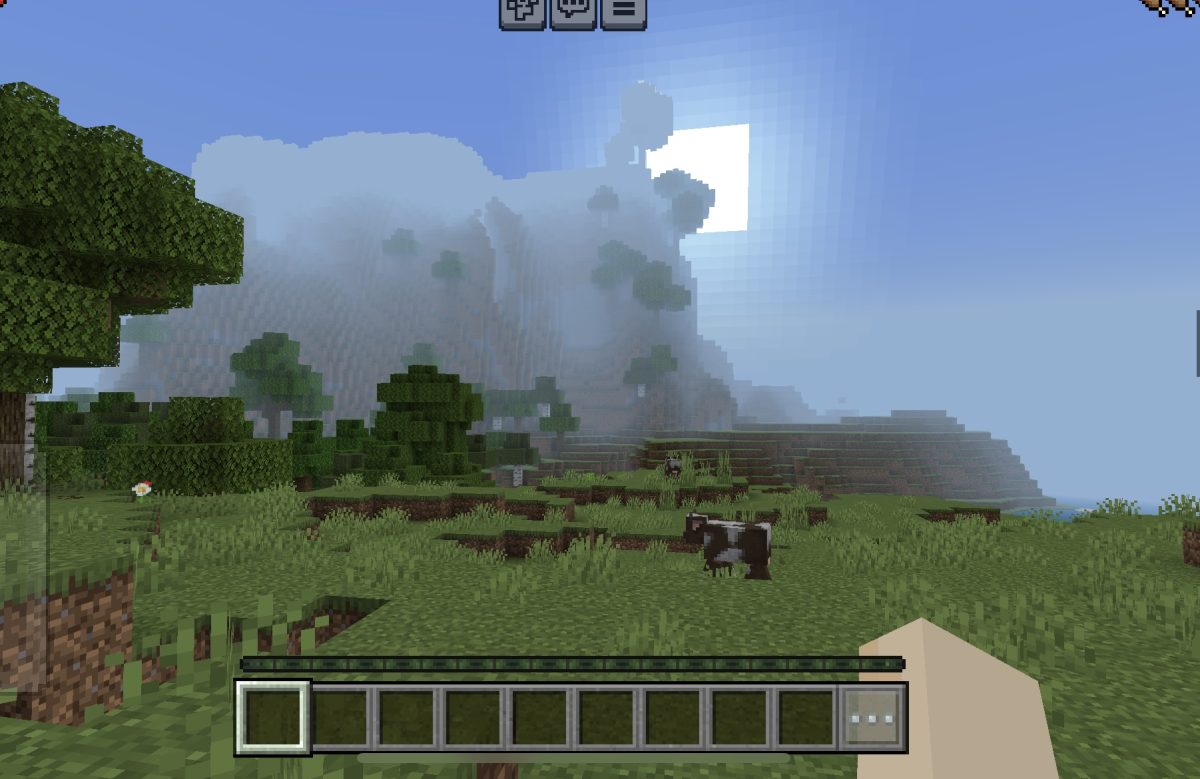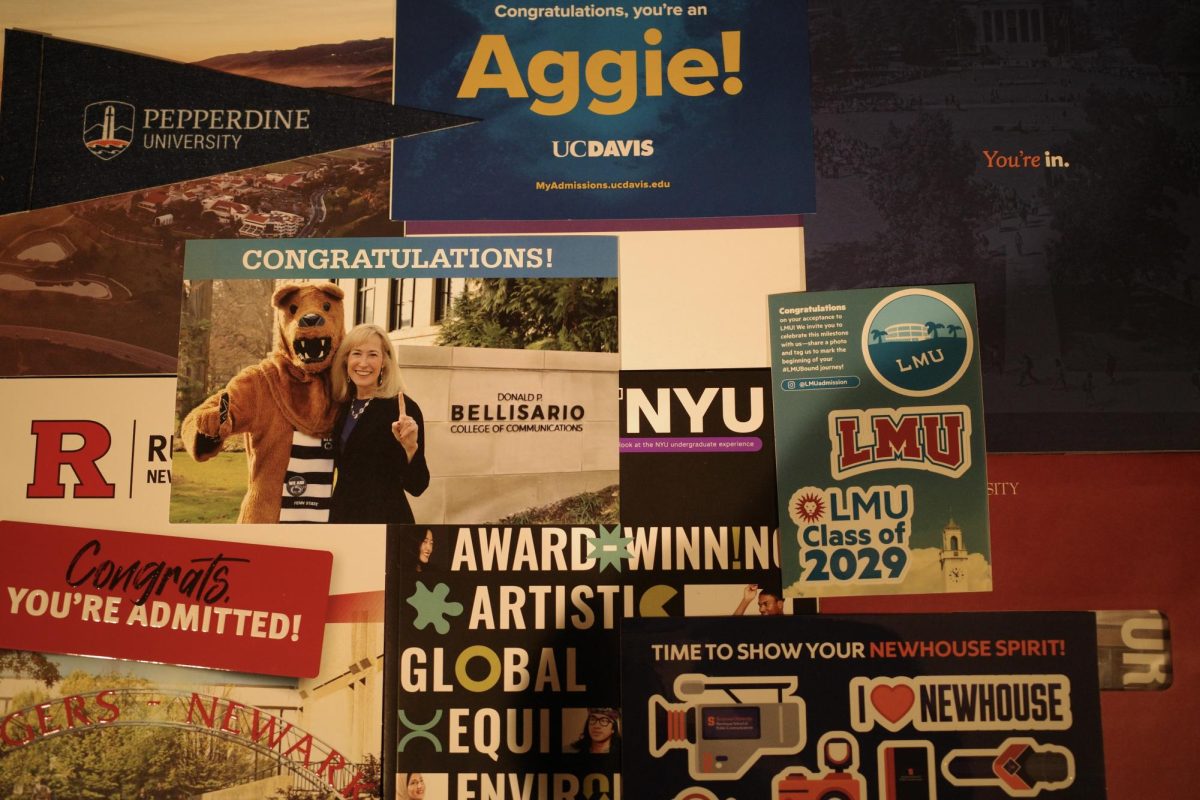One-sided connections through screens harm society
By Ashley Sanchez | Production Chief
In the age of technology, it is not uncommon to find love behind a screen. From online dating profiles, Instagram, and other sites on the Internet, the opportunities are endless. Thanks to social media, the rise of parasocial relationships has defied traditional two-sided relationships, to the detriment of many.
According to a National Register of Health Service psychologist, “[parasocial relationships] are one-sided relationships, where one person extends emotional energy, interest and time, and the other party, the persona, is completely unaware of the other’s existence.”
Social media has only encouraged these obsessions to grow between fans and celebrities such as singers, actors, and influencers. Instagram, Youtube, and TikTok, for example, have become spaces for people to cultivate connections without in-person interaction and social media platforms are only feeding off of it.
In the documentary “Social Dilemma,” experts break down the addictive and manipulative tactics used to keep people coming back for more on social media. Former Google employee, Tristan Harris, reflected on the false notion that these platforms are a sort of benefit to society to stay connected.
Harris stated, “we’re training and conditioning a whole new generation of people that when we are uncomfortable or lonely or uncertain or afraid we have a digital pacifier for ourselves…”
These obsessions reflect the cushion social media creates where fear of rejection and physical connection can be avoided.
In the article “Parasocial Interaction, the COVID-19 Quarantine, and Digital Age Media,” Carol Jarzyna stated, “the ill effects of parasocial relationships include aggression, the behavior causing problems with real-life relationships, and media addiction and dependency.”
Within these virtual connections, fans get trapped in a delusional idea that they have created a sort of intimate relationship with the online persona.
In an interview with Refinery29, blogger Hanna Lousie stated, “I had a man DM me…in response to something I had posted, so I replied wishing him well…He then proceeded to message me every time he saw I was in his area.”
In this way, it can become an obsession and feeling of entitlement viewers have over influencers. Stylist and influencer Stephanie Yeboah, in an interview with Refinery29, reaffirms the dangers of immersive connections that occur in parasocial relationships.
Yeboah stated, “I’ve had people I’ve never spoken to send me voice messages out of the blue asking me why I haven’t responded to their latest messages… I’ve also had people ask for details on people I’ve shown on my platform…”
There must be a sense of boundaries created in order to differentiate from the virtual world of social media and reality. Parasocial relationships are not innately meant to be harmful, but social media is and continues to hone these connections.
“There are only two industries that call their customers ‘users’: illegal drugs and software,” stated statistician Edward Tufte in the documentary “Social Dilemma.”
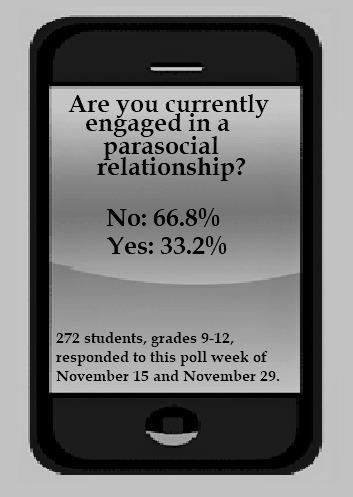
Parasocial relationships build self esteem and provide motivation
By Paige Dance | Copy Editor
During low moments in life, it is always nice to have someone to look up to. This often results in the development of parasocial relationships. Parasocial relationships are when an individual forms an attachment to someone, especially celebrities, and these relationships often manifest on social media. These often one-sided connections can be positive, giving people inspiration and motivation to achieve their goals, just like the people that they idealize in the media.
Parasocial relationships have existed well beyond the lifespan of social media, the term first being used in 1956 when studying the relationships between people and television stars. With the use of social media, these connections have become even stronger as we are even closer to our idols than before.
According to PBS.org, “Studies have found that these parasocial relationships can help put people at ease, particularly useful for those with low self-esteem, calming their fears of social rejection.”
These relationships are able to give people room to express themselves and explore their interests. By being exposed to celebrities or other figures via social media, they are able to form relationships where they are safe, without having pressure from the real world.
“Studies show parasocial relationships are voluntary, provide companionship, and are influenced by social attraction,” stated the website Find a Psychologist. “Furthermore, viewers experience a connection with the media user and express feelings of affection, gratitude, longing, encouragement, and loyalty towards them.”
Even if the relationships are one-sided, if the individual is benefiting from the connection, there is no harm being done.
“Musicians and other celebrities also can benefit from this bond, forging a connection with their fanbase that doesn’t just help them in the charts or with increasing their audience, but that boosts their own moods,” stated a Teen Vogue article.
By developing these relationships, people are able to visualize their goals come to life with their celebrities, meaning that it gives them motivation. If they see that it is possible to meet their accomplishments, they can have the intent of doing everything possible to get to the same end goal as the person on the other end of the screen.
Doctor David Giles stated in an interview to Refinery 26, “They are meaningful, sometimes as meaningful as actual social relationships, because even people we don’t know can have profound significance in our lives, as inspiration or reassurance.”
Without the stress of reality barging in on relationships, it gives people a chance to develop bonds and not have to worry about the negative aspects.
One argument that can be brought up about these relationships is that it creates a sort of delusion in the individual’s mind, however, this is not the case at all.
Giles said, “…we can be just as deluded about our relationships with people we’ve actually known for years and are extremely close to.”
If the cons of real connections are excluded from parasocial relationships and the delusion is proven not to be any worse than real relationships, then there is no harm to come from these one-sided connections on social media.

